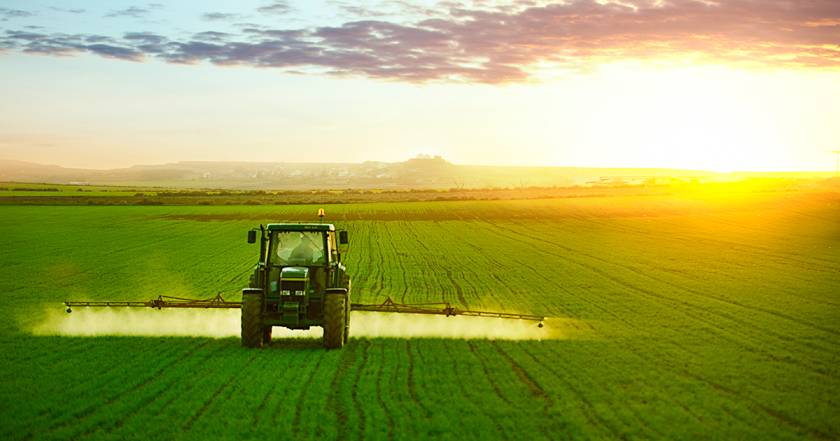Last Line Of Defense

Fungicides are essential components of crop protection and play a significant role in managing fungal pathogens. Fungal pathogens are the number one cause of crop loss around the world resulting in critical loss of yield, quality, and profit in plants.
Fungicides are the last line of defense in the battle of an integrated disease management approach. When fungicides are applied, they do not create yield but are able to protect the plants from harmful diseases and protect potential yield. In our fields, securing effective disease control from fungicide applications is dependent upon the disease pressure and the effectiveness of the fungicide to regulate that disease.
It is important to use a well-planned and preventative fungicide program. Preventative fungicides form a protective barrier before the pathogen arrives or begins to develop and helps prevent infection. Early infection activity means it penetrates the plant and stops the pathogen in the plant tissue.
In some cases, the benefit gained through fungicide use is more critical to the extent that certain crops are unable to grow to their fullest capability. Many crops remain heavily dependent on the use of fungicides. About 150 different chemicals belonging to diverse classes are used as fungicides all over the world.
By 2050, the earth’s population will grow to 9.7 billion and farmers will have to increase productivity by 70%.^ Therefore, the need to produce more food per unit area demand is continuing to increase. Through the use of innovative fungicides and being able to prevent disease in our crops, we are one step closer to solving these global challenges.
^Source: Winfield United